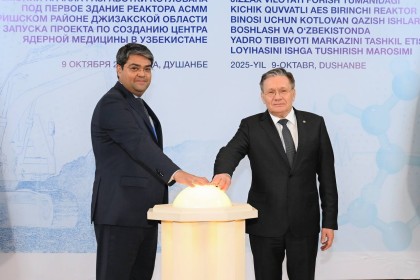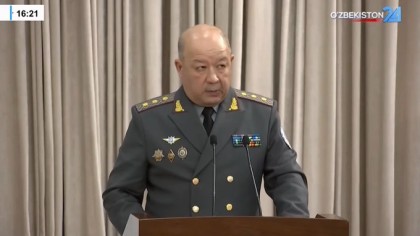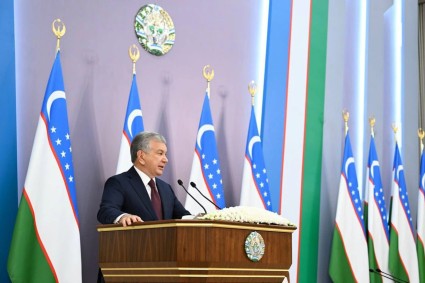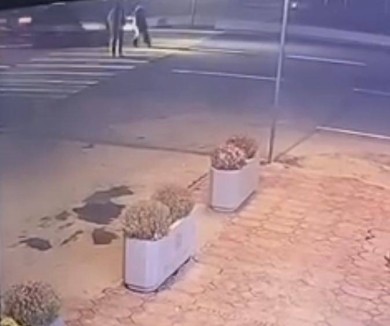Foundation pit excavation for the reactor of the small-scale nuclear power plant (NPP) has commenced in Forish district of Jizzakh province today.
Nuclear Medicine Center project in Mirzo Ulugbek district of Tashkent city has also been launched.
Inauguration ceremony dedicated to these two projects took place on Thursday in Dushanbe, Tajikistan on the margins of the Central Asia-Russia summit. At the ceremony, the Uzatom's Director Azim Ahmadkhodjaev and the Rosatom Director General Alexei Likhachev pressed the symbolic button, launching both projects.
According to Uzatom, the first concrete pour for the nuclear plant reactor is scheduled for March 2026.
“This major project will ensure the energy independence of our country and provide ecofriendly energy,” said the Director of the Uzatom Agency, Azim Ahmadkhodjaev,.
“This will open a new era for Uzbekistan’s energy independence, ensure sustainable energy supply, stimulate economic growth and create thousands of new jobs,” said Abdizhamil Kalmuratov, director of the NPP construction department.
As previously reported, Enter Engineering was awarded subcontracting. According to Rosatom, the excavation will involve about 1.5 million cubic meters of earthworks, and the depth of the excavation will be 13 meters.
“Rosatom will build a plant with a service life of at least 60 years and provide all necessary assistance in its operation. We look forward to fruitful and mutually beneficial cooperation that will last for many decades,” said Alexey Likhachev, director of Rosatom.
The small-scale nuclear plant will have two RITM-200N reactors with a 55 MWt capacity each, and the large nuclear power plant, which will be located on the same site, will have two 1 GWt each VVER-1000 reactors. Thus, the total capacity of the project will be 2.1 gigawatts.
Small-scale reactors will be commissioned in the phase I.
The price of the small-scalenuclear power plant is said to be less than $1 billion.
The project is being implemented in cooperation with the International Atomic Energy Agency (IAEA). The IAEA will provide expert, technical and methodological assistance in preparing the regulatory framework for the project, developing and designing the national nuclear infrastructure, and ensuring safety requirements during operation.
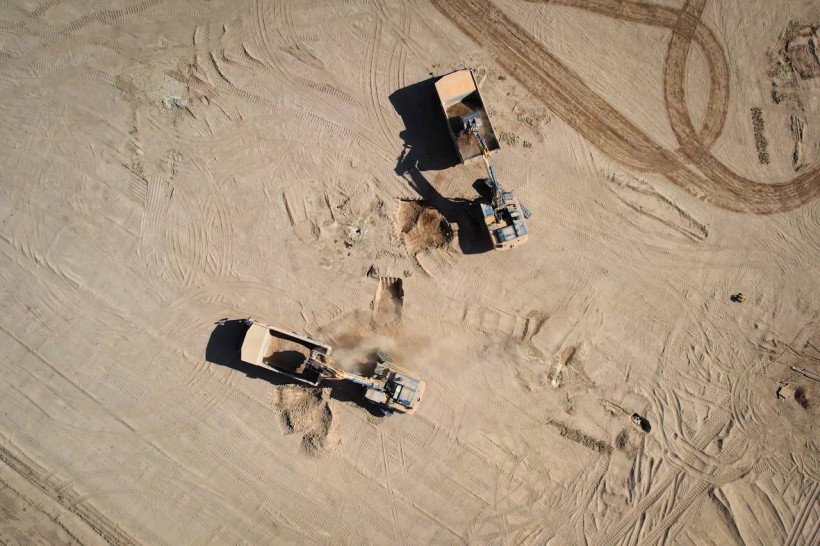
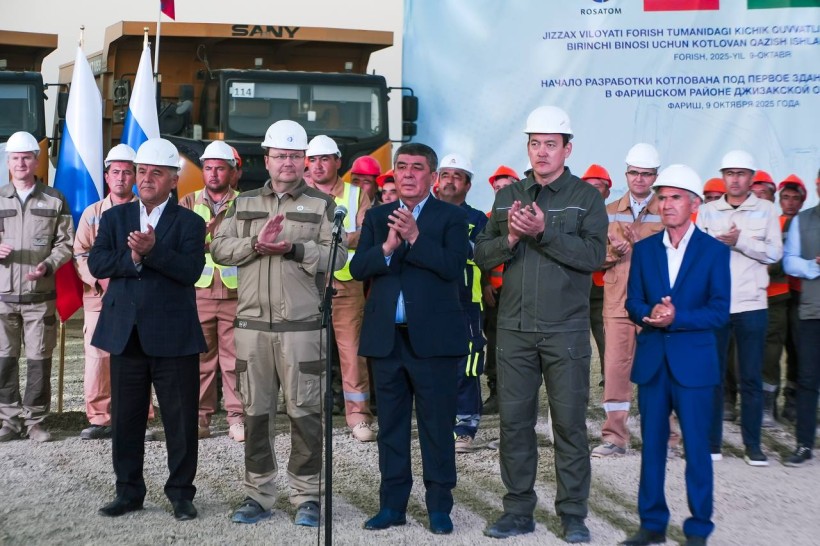
Nuclear Medicine Center
The Nuclear Medical Center, opened in the Mirzo Ulugbek district, will allow for early diagnosis of cancer and prevention of its development.
In phase I, early diagnosis of oncological diseases will be established using positron emission tomography/computed tomography (PET/CT). In addition, non-invasive treatment of tumors will be introduced using the Gamma Knife and Cyber вАЛвАЛKnife devices. A radiopharmaceutical laboratory will be established at the center.
The center will become a scientific base for the development of a national system for training personnel in nuclear medicine. More than 100 high-tech jobs will be created here for specialists in radiology, medical physics, and radiochemistry.
In 2025–2026, the center will be equipped with modern equipment in the first stage, and in the subsequent stages it is planned to introduce radionuclide and proton therapy.

